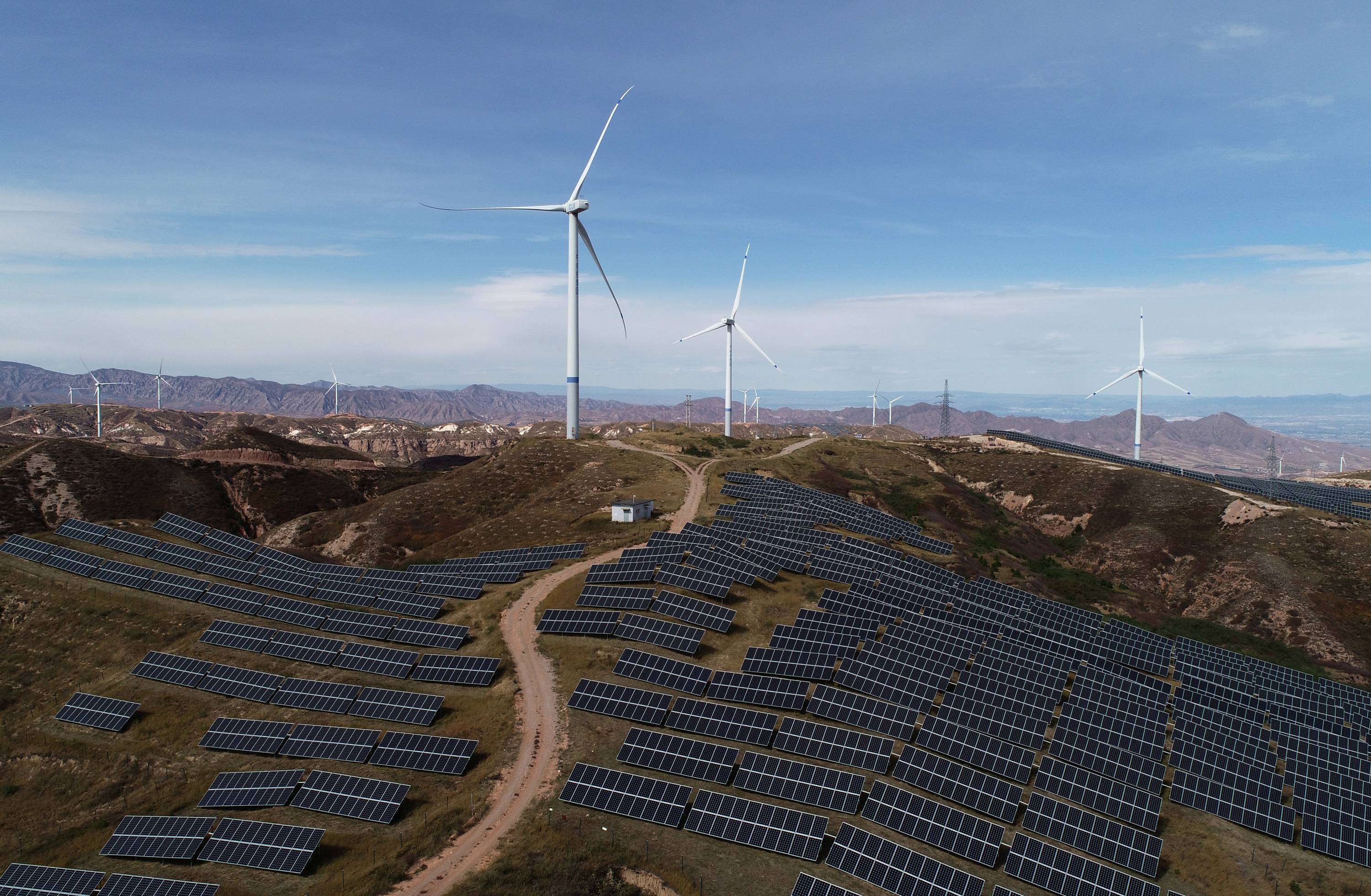With provisions to cut U.S. emissions by 40% from 2005 levels by 2030, the Inflation Reduction Act has revived America’s global climate leadership.
Since most of these reductions will come from a cleaner electricity sector — which is projected to be 70%-85% carbon-free by 2030 — the United States will be well positioned to collaborate with others on decarbonization of the power sector, starting with China.
True, in response to House Speaker Nancy Pelosi’s recent visit to Taiwan, China has suspended its diplomatic engagement with the U.S., including on climate issues. And yet, the climate threat is not unlike the threat posed by nuclear proliferation during the Cold War. The two superpowers (both economically and in terms of emissions) have a shared interest in reducing their fossil-fuel “arsenals,” even amid worsening bilateral relations. By acting decisively this decade, both can deliver greater economic, health, and security benefits for their own populations and the rest of the world.



















With your current subscription plan you can comment on stories. However, before writing your first comment, please create a display name in the Profile section of your subscriber account page.